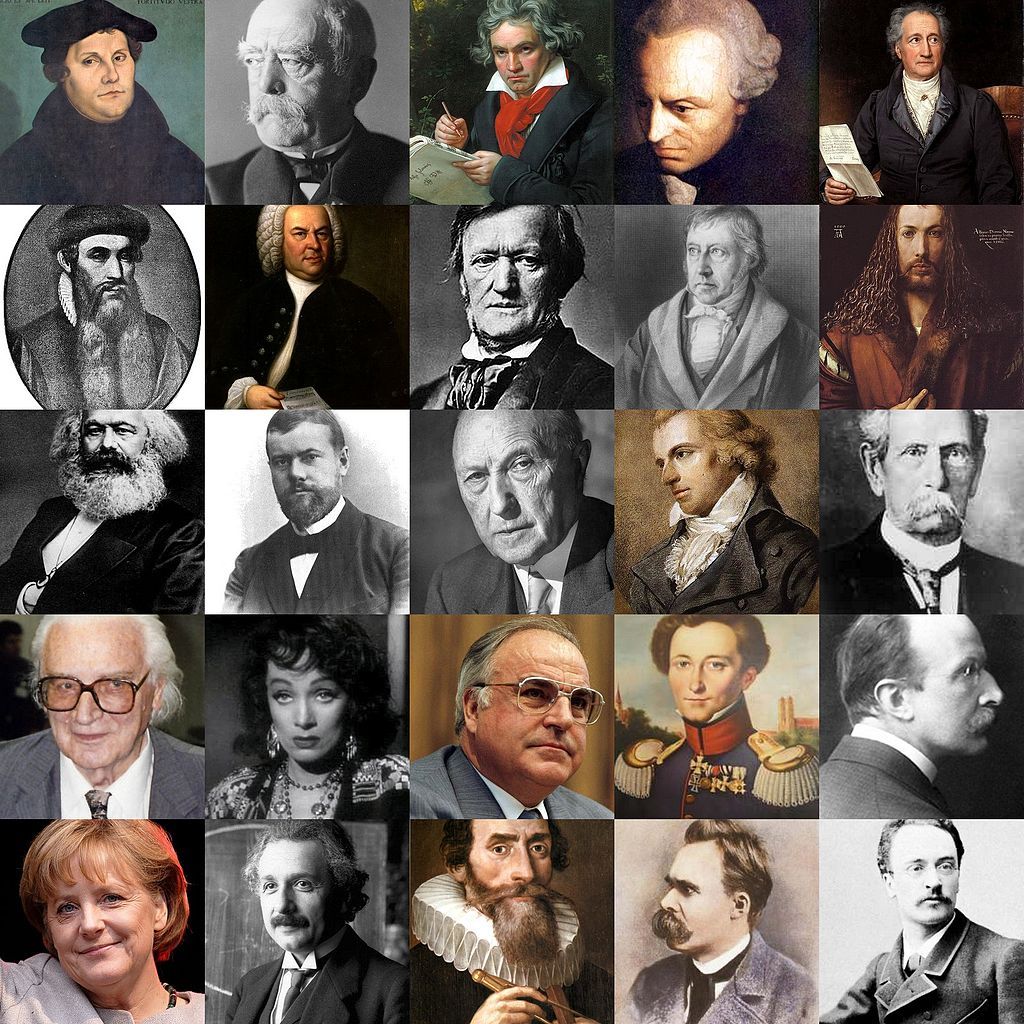Describe A Famous Person From Your Country- IELTS Cue Card Sample Answer
Rachit Tewari
·
14 Oct 2023
- IELTS
- exams
- cue card
- study abroad
- Academics

Describe A Famous Person From Your Country
Introduction:
In the ever-evolving world of IELTS preparation, the 'Cue Card' segment is one that often perplexes test-takers. It's that moment when you have to think on your feet and eloquently describe a given topic. One of the common themes is to 'Describe a Famous Person from Your Country.' To effectively tackle this cue card topic in the IELTS exam, a structured sequence can be followed:
Introduction:
Begin by introducing the famous person you will be discussing and providing a concise overview of their significance and background.
Early Life and Background:
Delve into the early life and background of this individual. Where and when were they born? What were their formative years like?
Notable Achievements:
Discuss the key accomplishments and contributions of this person. What did they do to earn their fame or recognition?
Impact and Legacy:
Explain the enduring impact and legacy of this individual on your country and the world, if applicable.
Personal Qualities:
Highlight any personal qualities or characteristics that made this person stand out. For example, their leadership, determination, or values.
Relevance Today:
Touch upon why this person remains relevant and revered in the present day.
In this article, we will provide you with a sample answer to this popular IELTS Cue Card topic, following this structured sequence, ensuring you are well-prepared to tackle it with confidence.
Sample
One prominent figure who has left an indelible mark on the world stage is Mahatma Gandhi, hailed as the 'Father of the Nation' in India. He was not merely a person; he was an ideology, a symbol of peace, and a beacon of non-violent resistance.
Born on October 2, 1869, in Porbandar, a small coastal town in Gujarat, India, Gandhi's life journey was nothing short of extraordinary. His early years were typical of an Indian boy of his time. He pursued law in London and embarked on a journey to South Africa, where he encountered the harsh reality of racial discrimination. This proved to be a turning point.
Gandhi's commitment to social justice and equality became evident in South Africa when he led the Indian community there in challenging the apartheid-like discrimination policies. He employed non-violent civil disobedience as a potent weapon in the face of adversity. His philosophy of 'Satyagraha,' which means 'truth force' or 'soul force,' was a moral and political compass that guided him throughout his life.
Returning to India in 1915, Gandhi found his calling as a leader in the fight for Indian independence from British colonial rule. He believed in a free India, not through the barrel of a gun, but through the power of truth and non-violence. His methods included boycotts, strikes, and fasting, all carried out with the utmost civility.
One of the most iconic events in his life was the Salt March in 1930, where he led a 240-mile journey to the Arabian Sea to protest the British monopoly on salt production. The world watched as this frail, bespectacled man made an audacious stand against an empire. His charisma and unwavering dedication inspired millions, not only in India but across the globe.
Gandhi's influence extended far beyond the realms of politics. He emphasized the importance of simplicity and self-sufficiency, encouraging his fellow Indians to spin their own cloth (Khadi) and lead a life of minimalism. He also championed Hindu-Muslim unity and worked tirelessly to bridge the religious divide.
His efforts culminated in India gaining independence on August 15, 1947. However, he saw the partition of India into two nations, India and Pakistan, along religious lines as a great tragedy and fasted for peace between the two communities.
Tragically, Gandhi's life was cut short by an assassin's bullet on January 30, 1948. He left behind a legacy that continues to resonate across the world. His teachings on non-violence and civil disobedience inspired leaders like Martin Luther King Jr. and Nelson Mandela, who brought about significant change in their respective nations.
Mahatma Gandhi was not only a famous person from India; he was a global symbol of peace, resilience, and the power of non-violence. His life and principles continue to be a source of inspiration for countless individuals worldwide, making him an iconic figure worth describing when tasked with the 'Describe a Famous Person from Your Country' cue card in the IELTS exam.
Conclusion
Keep in mind that Horse's Mouth is your buddy and ready to help you in your quest for IELTS success whenever you come across the cue card "Describe a Prominent Person from Your Country" or any other. Use it to your advantage to acquire the knowledge and confidence you need to perform well on exam day.
If you wish to hear the personal experience of a current student/alumnus over a FREE one-on-one call, check out these profiles on Horse’s Mouth.
For any queries/issues contact:
Raunak Ash Gulati:
📞 +91 77689 01177
✉️ hello@horsesmouth.in
